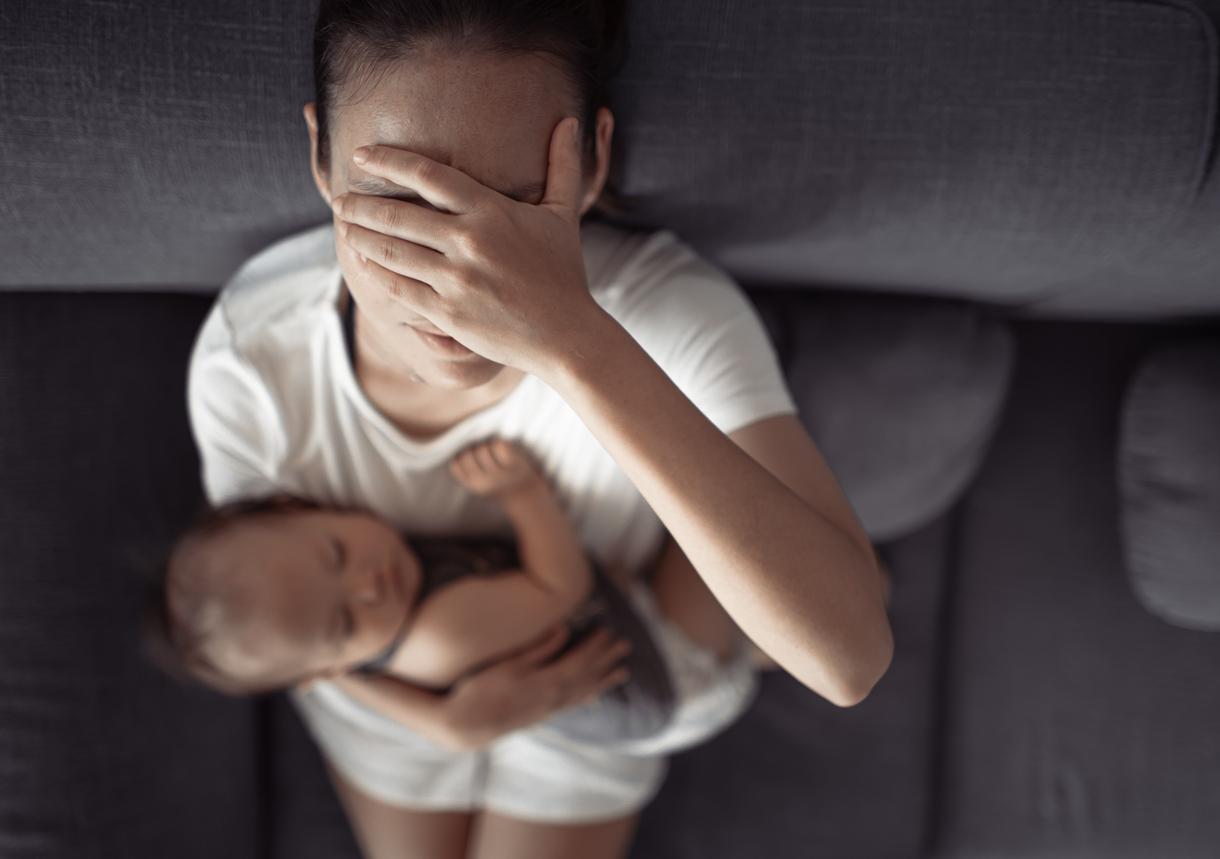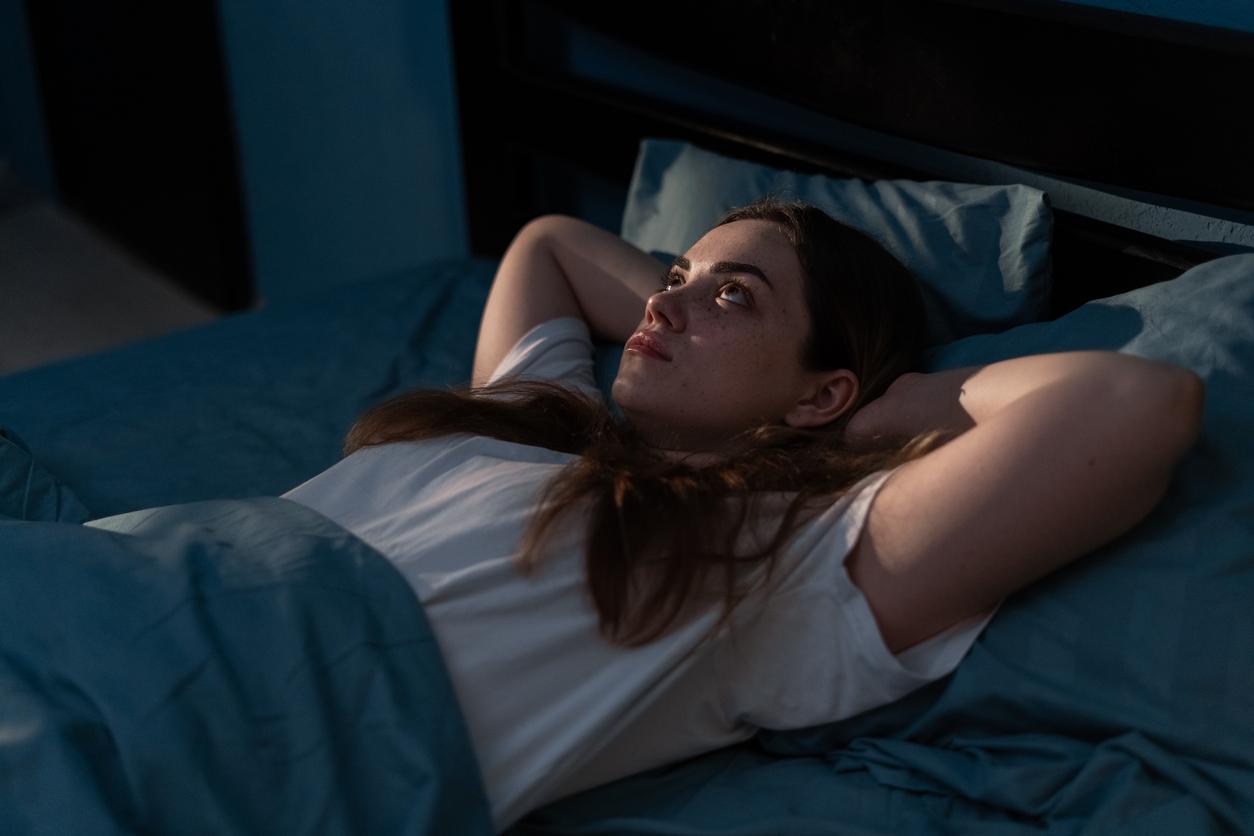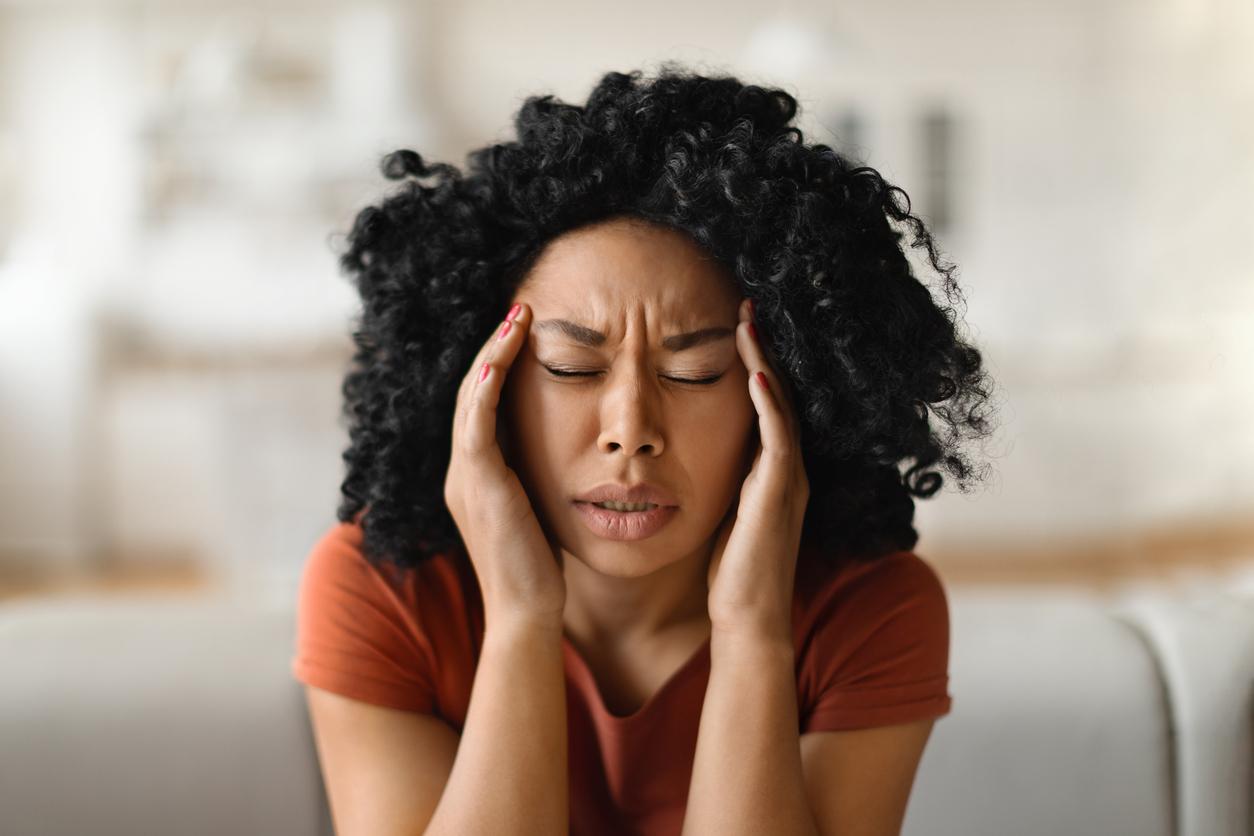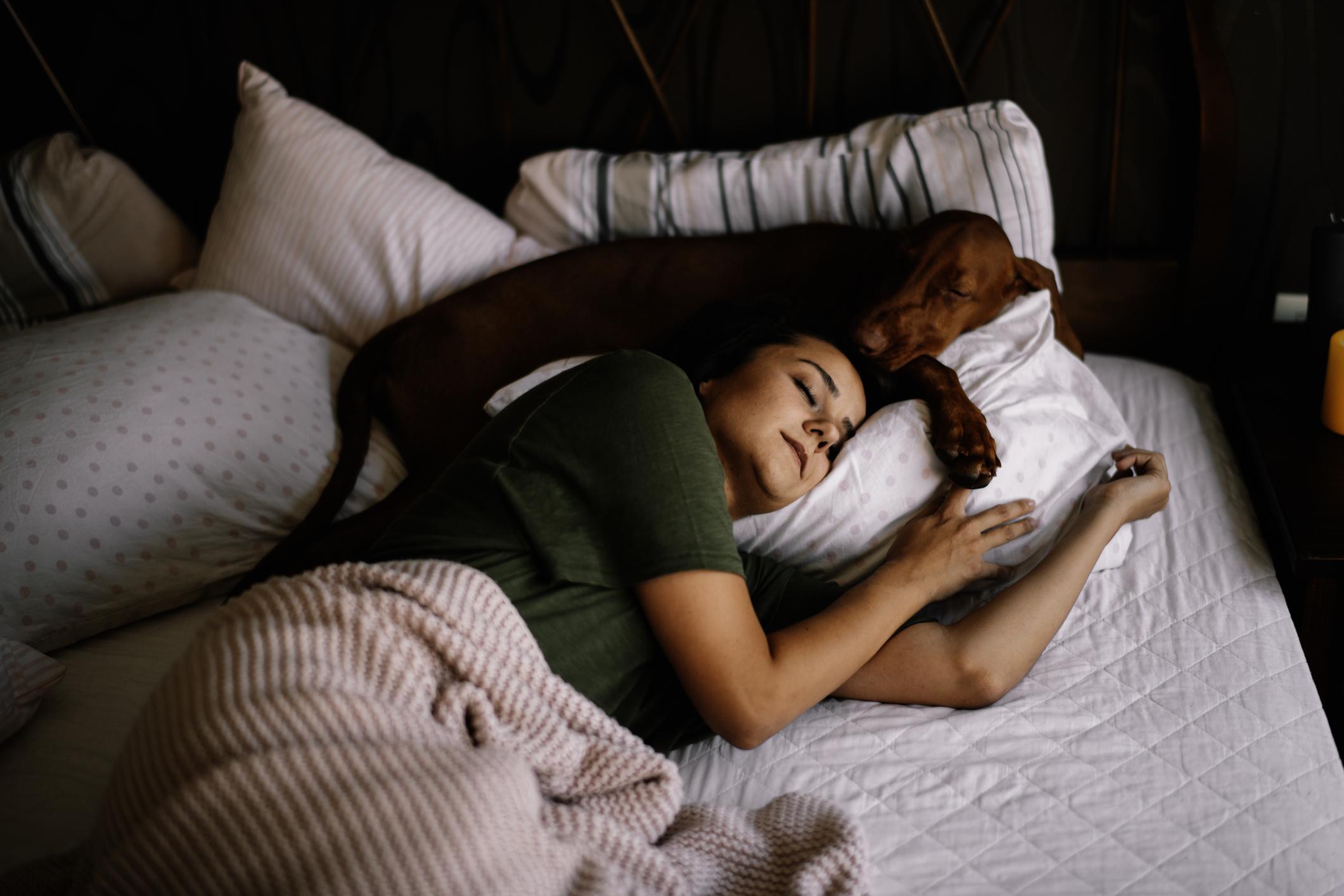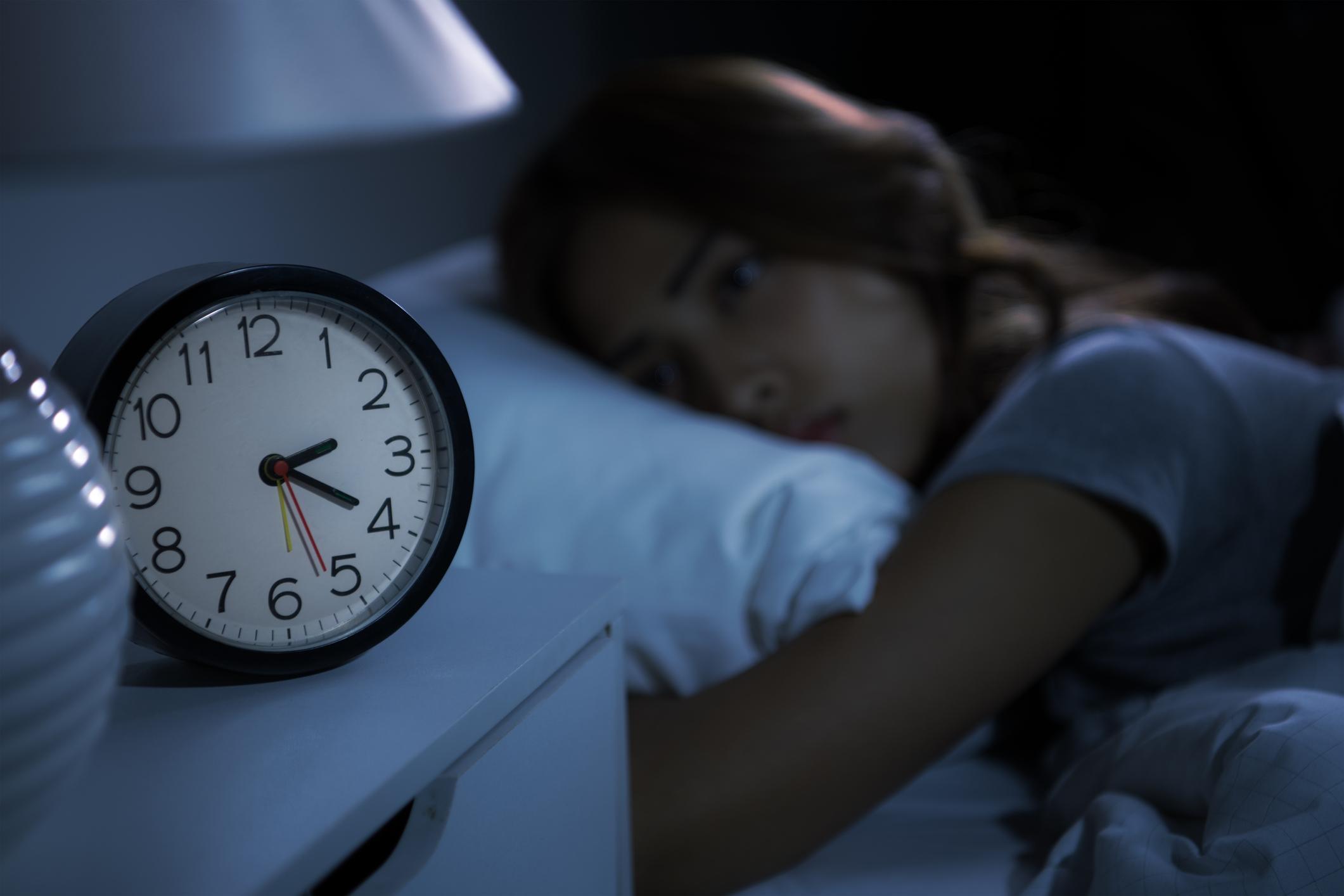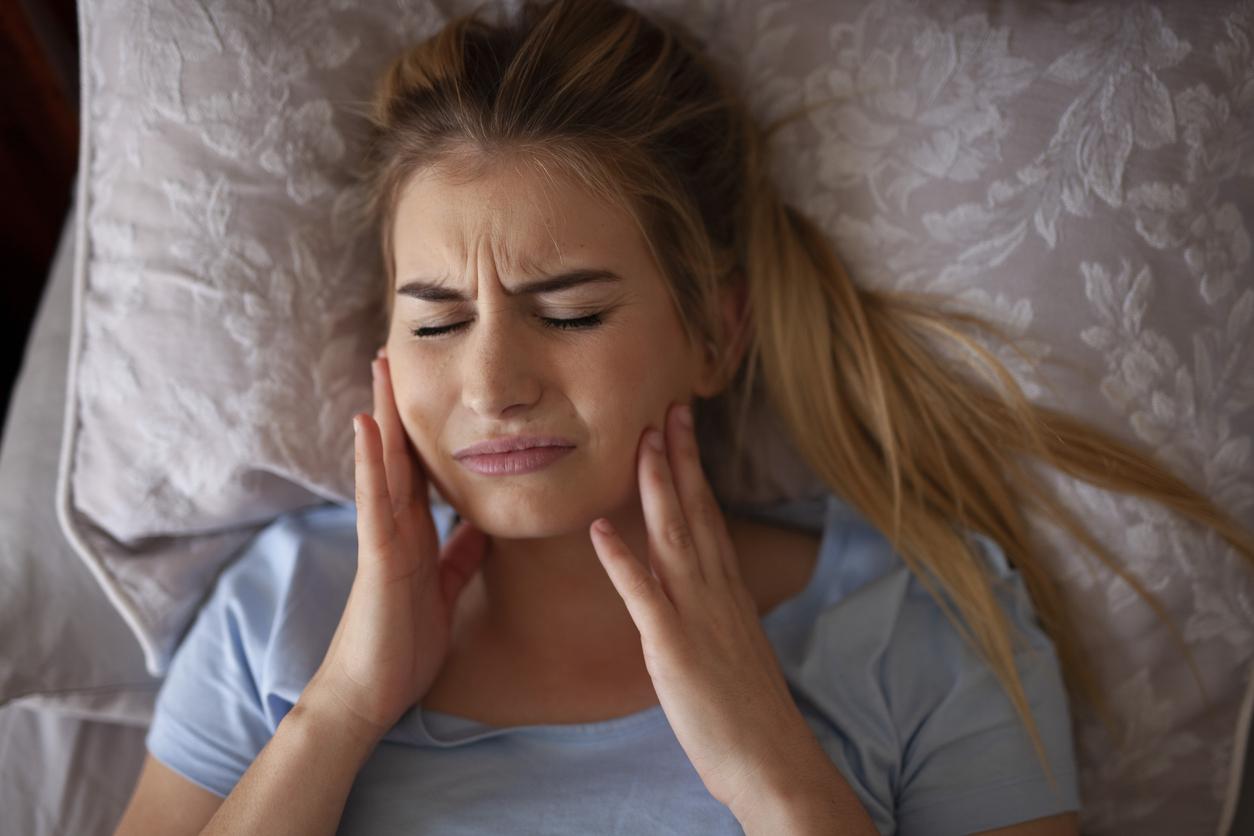Whether it’s waking up too early, choppy sleep, or simply not being able to find it, we all have bad nights. And for different reasons, explains Sylvie Royant-Parola. This may be related to a big change, a visit to your mother-in-law that worries you or apprehension about returning to work on Sunday evening. But it’s not really about insomnia.” Certainly, but when should we use the term, then?
Are you insomniac?
“We are talking about insomniac disease from the moment when sleep disturbances are observed – associated with mood disorders the next day – at least three times a week for three months”, answers the expert. Occasional problems (or even recurring ones, but below this rate) are nothing more than that, precisely: small problems, which can always be explained. Not a pathology.
But of course, the fear of insomnia can fuel it. “Especially if you watch your sleep with connected devices. There may be such a focus on the insomnia that you will cause a symptom that will persist. So don’t worry too much, even if you have several bad nights in a row. See it as a simple inconvenience. Like you drank too much or ate too much.”
What if this is the case?
On the other hand, if you do fall into the category of so-called chronic insomniacs, “You have to consult, because something is in the process of being constituted and structured. And you can’t break this vicious circle on your own“, alert the specialist.
The idea? Go see your GP first, who will review the potential explanatory causes of these disorders. If the problem persists or your practitioner is unable to find the solution alone, do not hesitate to turn to a sleep doctor, who “will begin with a fairly thorough medical examination and possibly carry out a sleep recording.”
Then a sleep diary and cognitive-behavioral support can be put in place to guide you on the way to longer, and above all, more beautiful nights. But know this, this path involves “a lot of self-observation.”
Read also:
- Sleep: 9 stretches to do before bed
- 6 solutions that we do not think of, to easily fall asleep
- Do you feel tired when you wake up (even after a good night’s sleep)? Here are 3 reasons according to a specialist










